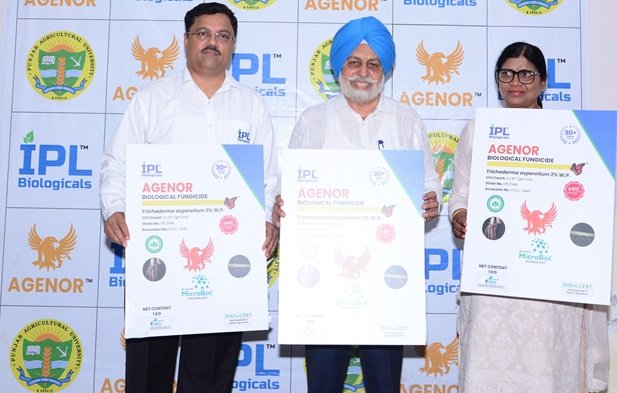ADAMA and Elemental Enzymes partner for developing Bio-fungicide to combat foliar diseases
The new bio-fungicide, set to launch in 2026 for winter crops and spring turf, addresses the growing challenge of foliar diseases in cereals, canola and turf applications.
ADAMA, a global leader in crop protection solutions, has announced a partnership with Elemental Enzymes, a US-based life sciences company, to introduce an innovative biological fungicide to the Australian market.
The new bio-fungicide, set to launch in 2026 for winter crops and spring turf, addresses the growing challenge of foliar diseases in cereals, canola and turf applications. Utilizing Elemental Enzymes’ patented peptide technology, the product will offer a novel mode of action to protect against fungal diseases like septoria tritici and septoria nodorum in wheat.
By stimulating plants’ natural defenses, the bio-fungicide will complement existing chemical fungicides, helping to manage disease resistance and improve crop health. This innovative peptide technology will support conventional fungicides by activating the plant’s natural immune response to diseases. ADAMA Australia will exclusively distribute the bio-fungicide for broadacre crops and turf, while also exploring additional applications through its research and development program.
“We are excited to partner with Elemental Enzymes to bring this innovative technology to Australian growers,” said Steve Scott, General Manager of ADAMA Australia. “The increasing prevalence of fungal diseases and the growing resistance to traditional fungicides highlight the urgent need for new solutions. This bio-fungicide offers a promising approach to enhance crop protection and sustainability. We are committed to rigorous testing and development to ensure this product delivers tangible benefits to Australian farmers.”
This partnership aligns with ADAMA’s strategy to provide innovative and sustainable crop protection solutions that deliver high return on investment and meet the evolving needs of farmers worldwide.
The new bio-fungicide, set to launch in


